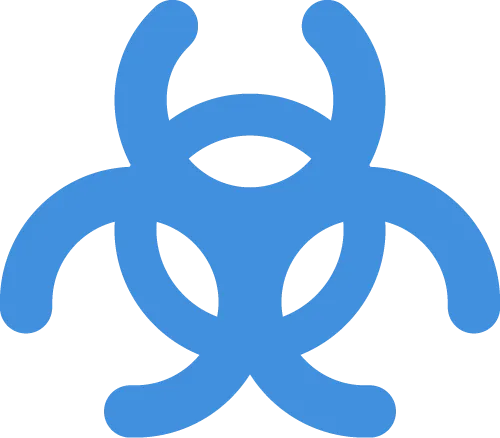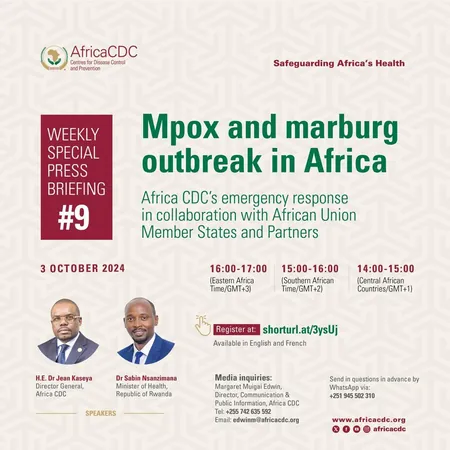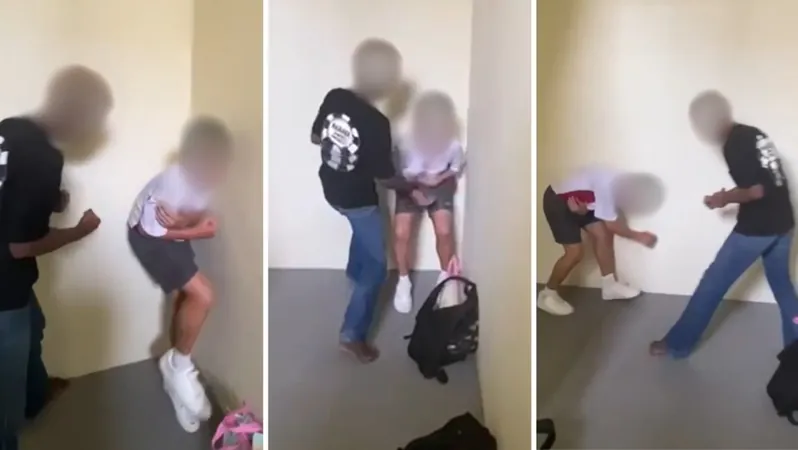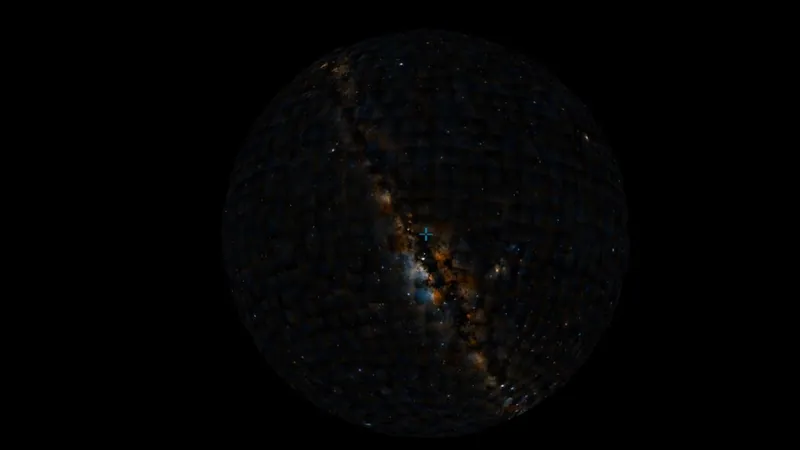
Dr. Nicolas Demogeot Unveils Groundbreaking Findings on Prostate Cancer Treatment at ASTRO 2024
2024-10-01
In a significant breakthrough for early-stage prostate cancer treatment, findings presented at the American Society for Radiation Oncology (ASTRO) 2024 Annual Meeting in Washington, DC, indicate that combining short-term androgen deprivation therapy (ADT) with high-dose radiation therapy (RT) substantially improves disease-free survival rates for patients with intermediate to high-risk prostate cancer.
Dr. Nicolas Demogeot from the Lorraine Cancer Institute in France revealed critical data from the phase 3 GETUG trial, which demonstrated a favorable safety and toxicity profile for this combination therapy. This presents compelling evidence for the benefit-risk ratio of a method that has been gradually adopted for high-risk prostate cancer treatment.
The GETUG Trial: A Closer Look
To understand the motivations behind the GETUG 14 trial, Dr. Demogeot noted historical insights gleaned from earlier studies that indicated possible improvements in biochemical relapse-free survival with escalated radiation doses. Previous randomized trials established that high-dose RT (ranging between 74 and 80 Gy) could enhance patient outcomes, yet no overall survival advantages were observed compared to standard dosages until this recent investigation.
This trial's findings suggest that integrating short-term ADT with an increased dose of RT (80 Gy) could elevate oncological outcomes for men grappling with localized prostate cancer.
Key Insights and Conclusions
Beyond confirming primary outcomes, Dr. Demogeot emphasized some critical observations from the study. Notably, the data indicated that high-dose RT does not substitute for ADT, and the benefits were especially pronounced among patients categorized as intermediate-risk. However, high-risk patients did not experience similar enhancements, suggesting that the ADT regimen might not be ideal for their treatment.
Crucially, the study demonstrated no significant disparities in acute and late gastrointestinal (GI) and genitourinary (GU) toxicities between the combination therapy and standalone RT. While there was a notable increase in short-term erectile dysfunction among patients receiving combined treatment, this effect was transient and did not substantially impair the patients' overall quality of life. At the five-year mark, the probability of long-term toxic effects remained comparable across both treatment groups.
Reassuring Clinicians on Safety Concerns
Addressing clinician hesitance regarding the safety of short-term ADT, Dr. Demogeot reaffirmed that acute and late toxicity rates were not significantly different between the two treatment strategies. The results bolster the idea that clinicians can confidently prescribe short-term ADT alongside RT, knowing that the safety profile is sound.
Future Directions for Research
Looking forward, Dr. Demogeot expressed interest in updating the trial’s data and engaging in meta-analyses to enhance the statistical power regarding survival outcomes. Such initiatives promise to further refine treatment approaches, enabling tailored options for a diverse patient population dealing with prostate cancer.
This groundbreaking research underscores a pivotal shift in the management of prostate cancer, providing hope for enhanced treatment protocols and paving the way for advancements in patient care within the oncology field. Stay tuned for more updates on this evolving area of cancer treatment!





 Brasil (PT)
Brasil (PT)
 Canada (EN)
Canada (EN)
 Chile (ES)
Chile (ES)
 España (ES)
España (ES)
 France (FR)
France (FR)
 Hong Kong (EN)
Hong Kong (EN)
 Italia (IT)
Italia (IT)
 日本 (JA)
日本 (JA)
 Magyarország (HU)
Magyarország (HU)
 Norge (NO)
Norge (NO)
 Polska (PL)
Polska (PL)
 Schweiz (DE)
Schweiz (DE)
 Singapore (EN)
Singapore (EN)
 Sverige (SV)
Sverige (SV)
 Suomi (FI)
Suomi (FI)
 Türkiye (TR)
Türkiye (TR)